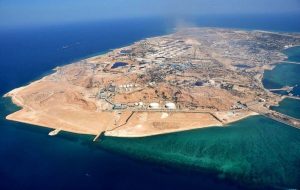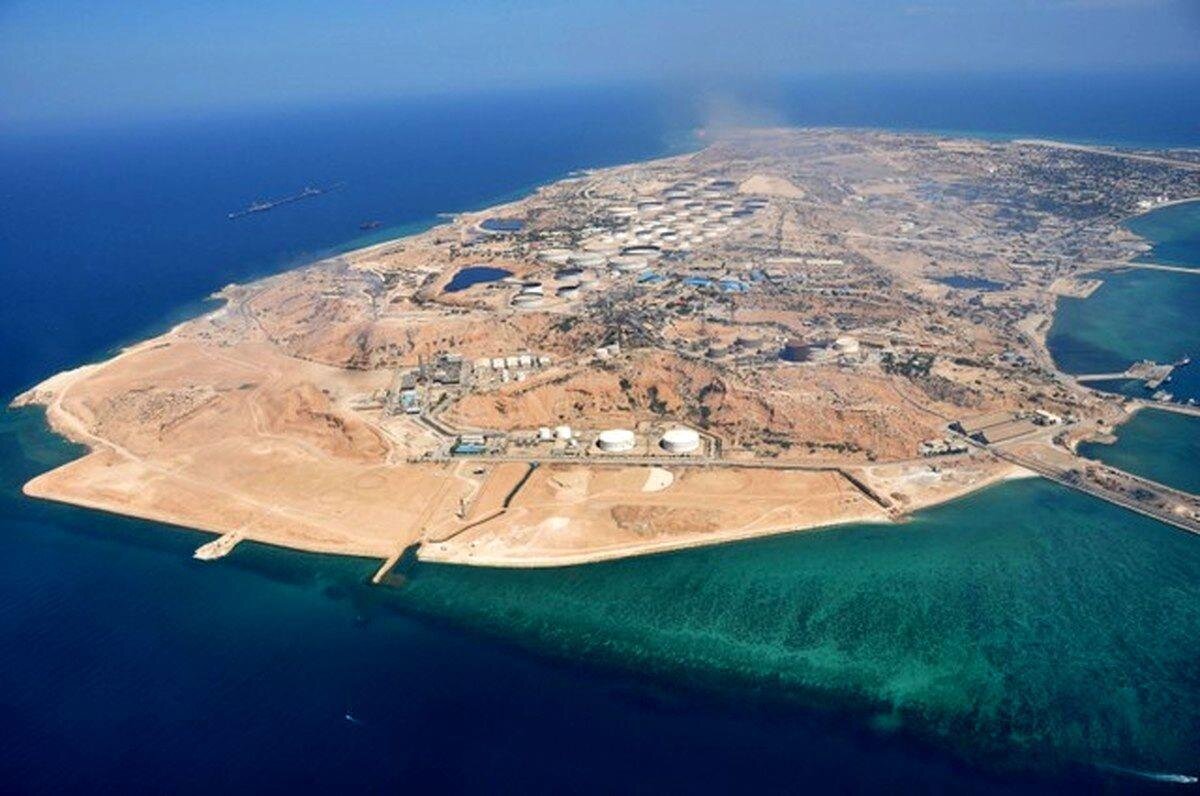Archaeological discoveries shed light on Abu Musa’s rich history
TEHRAN – Iranian archaeologist Mohammad Esmaeili-Jelodar has revealed fascinating insights from archaeological excavations conducted on Abu Musa, a strategic Iranian island in the Persian Gulf. Speaking at a conference organized by the House of Humanities Thinkers in downtown Tehran, Esmaeili-Jelodar on Wednesday emphasized the island’s importance in cultural tourism and its historical role, highlighting the


TEHRAN – Iranian archaeologist Mohammad Esmaeili-Jelodar has revealed fascinating insights from archaeological excavations conducted on Abu Musa, a strategic Iranian island in the Persian Gulf.
Speaking at a conference organized by the House of Humanities Thinkers in downtown Tehran, Esmaeili-Jelodar on Wednesday emphasized the island’s importance in cultural tourism and its historical role, highlighting the Persian Gulf was an ancient hub for trade connecting Iran to Africa, India, and China.
Esmaeili-Jelodar noted that archaeological work on Abu Musa had faced challenges for decades. While earlier attempts in the 1970s yielded no results, his team secured permission to conduct studies in 2012, marking a breakthrough in uncovering the island’s archaeological significance.
According to the archaeologist, the team identified seven archaeological sites on the island, uncovering artifacts ranging from pre-Islamic to Islamic eras. Among the findings were fragments of pottery and stone tools. The fifth site was particularly notable for pottery attributed to the late Sassanid and early Islamic periods, though Esmaeili-Jelodar acknowledged that dense vegetation and shifting sands posed difficulties for excavation.
Elsewhere in his remarks, Esmaeili-Jelodar highlighted the island’s enduring Persian identity and dismissed attempts by foreign authors to dispute its Iranian heritage. He also described the island’s unique features, including ancient water cisterns and wells, some of which remain functional today.
Additionally, ceramics from various periods, including Seljuk and Qajar dynasties, as well as distinct Chinese-inspired pottery, were discovered, underscoring Abu Musa’s role in regional and international trade networks, the archaeologist said.
Esmaeili-Jelodar stressed the need to focus on cultural tourism in Abu Musa, stating that such efforts could further showcase Iran’s historical and cultural richness while solidifying the island’s significance as an integral part of Iran’s heritage.
AM
